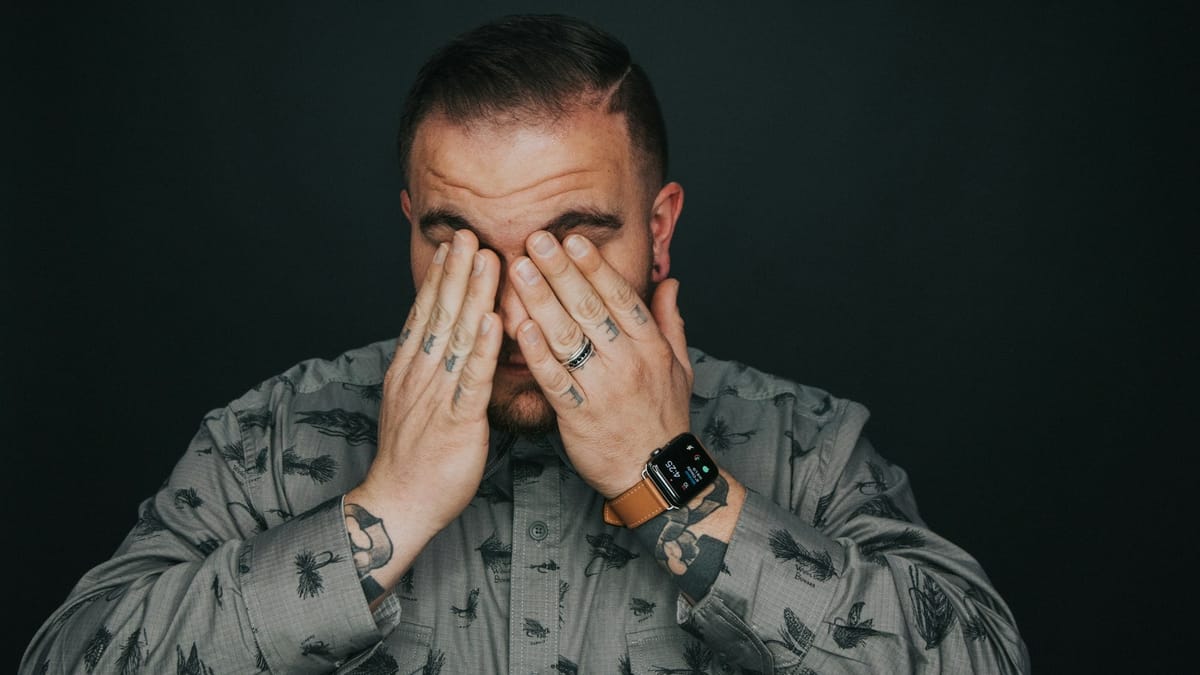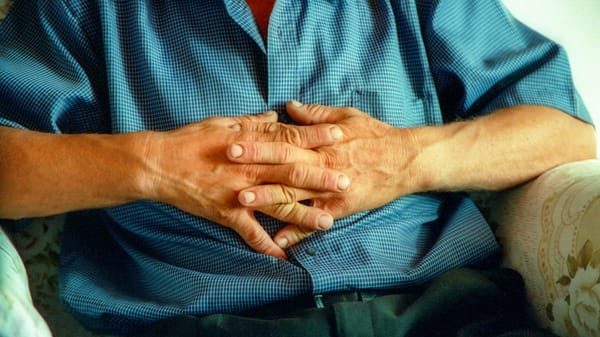Head injuries, Brain health and Longevity

Head trauma can happen in an instant, but leave a lifetime of consequences. Over 2.5 million people sustain a traumatic brain injury (TBI) each year in the United States alone. Whether from falls, vehicle accidents, sports collisions, or blasts on the battlefield, head injuries extraction a heavy toll. They are a contributing factor in nearly one third of all injury-related deaths. Beyond mortality, head trauma can mean the loss of cognition, mobility, and independence. Even mild cases bring increased risk of neurological disorders down the road.
Yet many head injuries can be prevented through proper safety precautions. And by understanding TBI symptoms, treatment, and prevention strategies, we can help more people recover after incidents do occur. This post covers the basics everyone should know about head trauma – from recognizing warning signs, to responding in an emergency, to protecting yourself and loved ones in daily life. Arm yourself with knowledge so that you can avoid head injuries when possible and act quickly when they happen. By learning the essential do’s and don’ts around head trauma, you could save a life.
The Dangers of Head Trauma
Head injuries can range from mild to severe, but all come with risks that require rapid response. Here is what you need to know:
- Common causes: Head trauma most often occurs due to falls, vehicle collisions, workplace accidents, assaults, or sports impacts. Even a minor bump can be dangerous.
- Varying severity: Head injuries include concussions, bleeding inside the skull, bruising of the brain, and nerve damage. The results range from temporary headache or confusion to long-term disability or death.
- High prevalence: Over 2.5 million Americans sustain a TBI every year. Groups at highest risk include children under 4, young adults, elderly over 75, and military personnel.
- Lifelong impact: In addition to initial hospitalization and rehabilitation, head trauma can increase susceptibility to neurological disorders like epilepsy, Parkinson’s, and dementia.
Spotting the Signs
Victims of head injury may show various symptoms, from mild to severe. Look for:
- Headache, dizziness, loss of balance
- Nausea or vomiting
- Changes in mood and behavior, such as irritability
- Sensitivity to light and sound
- Lack of mental clarity, impaired memory and focus
- Loss of consciousness
- Unusual pupil size and response to light
- Clear drainage from nose/ears
- Numbness or weakness in limbs
- Seizures
A person with altered consciousness after an impact should receive immediate emergency care – call 911. Also watch victims closely in the hours following injury for late-emerging symptoms requiring medical attention.
First Response Do’s and Don’ts
If you suspect someone has a head injury after an accident or bad fall, here are key things to do and avoid:
Do:
• Check their airway, breathing, circulation (ABC)
• Call 911 for emergency assistance
• Keep them still with stabilization of head and neck
• Monitor consciousness and note any symptom changes
Don't:
• Move them abruptly or twist/lift the head and neck
• Remove equipment like a helmet or pads before EMS arrives
• Give food, drink, or medications unless directed by a health provider
Prevention Best Practices
Many head traumas can be avoided altogether through preventative steps like:
- Wearing seat belts and helmets for high risk activities
- Installing entryway guardrails and improving lighting to prevent falls
- Establishing safety protocols for contact sports and hazardous occupations
Head injury prevention should be part of every organization’s policies from schools to workplaces. But individuals can also reduce their personal risk through vigilant precautionary habits.
Symptoms of Head Injuries
The symptoms of a head injury can vary greatly depending on the severity of the injury. Mild traumatic brain injuries may temporarily affect brain cells, while more severe injuries can result in bruising, torn tissues, bleeding, and other physical damage to the brain. These injuries can lead to long-term complications or even death.
Common symptoms of a head injury include headaches, dizziness, trouble concentrating, and memory problems. Some people may also experience nausea, vomiting, balance problems, sensitivity to light or noise, and changes in sleep patterns. Emotional symptoms, such as feeling down or more emotional than usual, are also common. In some cases, symptoms may not appear for hours or days after the injury.
In children, symptoms of a concussion can include a dazed appearance, listlessness, irritability, loss of balance, excessive crying, and changes in eating or sleeping patterns.
Treatment of Head Injuries
The treatment for a head injury depends on its severity. Mild injuries often require no treatment other than rest and over-the-counter pain relievers. However, individuals with a mild traumatic brain injury should be closely monitored at home for any worsening or new symptoms.
Severe injuries may require more intensive treatment, including medications to limit secondary damage to the brain, surgery to relieve pressure inside the skull, and rehabilitation to relearn basic skills such as walking or talking.
In the case of a suspected serious head injury, it's crucial to seek immediate medical attention. Signs of a serious head injury can include worsening headaches, weakness, numbness, decreased coordination, convulsions, seizures, and repeated vomiting.
Prevention and Awareness
Despite the potential severity of head injuries, they are often considered an acceptable risk in sports and other recreational activities. However, it's important to understand the potential consequences of these injuries, which can include permanent disability, mental impairment, and even death. Therefore, it's crucial to take precautions when participating in activities that could lead to head injuries, and to seek immediate medical attention if a head injury occurs.
Early recommendations
- Don't panic and make an exclusive priority on your health
- Research online on the best reputable sources and try to see if the advice or results match with others, avoid wild or contradictory statements
- Ask your GP, if unsure about her advice get a 2nd or 3rd opinion
- Get an opinion from Chinese medicine doctor
- Get an opinion from a Naturopath
- Get referred by your GP to a neurologist regardless of her feedback, when possible get a professor or a specialist with a track record in TBI (traumatic brain injury)
USA statistics:
- Causes of death by Alzheimer's /Dementia: 2nd in the world
- 5.3 million Americans of all ages have Alzheimer’s disease in 2015.
- Almost two-thirds of Americans with Alzheimer’s are women.
- Causes of death by Parkinson’s Disease: 4th in the world
- 1 in 42 boys has Autism Spectrum Disorder (ASD).
- Autism Spectrum Disorder rates: 5th in the world
- Depression rates In Age-standardised disability-adjusted life year: 1st in the world
- Projections indicate that depression may be the second leading cause of life lost after heart disease by 2020
- Depression rates In Age-standardised disability-adjusted life year: 1st in the world
- Approximately 11% of children 4–17 years of age (6.4 million) have been diagnosed with ADHD as of 2011. Rates of ADHD diagnosis increased an average of 3% per year
- Brain cancer kills more children than any other disease and has 2% survival rates
- Brain cancer is the most common cancer among those age 0–19 with 78,000 new cases in 2016
Supplements
- Vitamin A
- Vitamin C
- Vitamin D3
- Vitamin B
- Magnesium Glycinate
- Glutathione
- Lipoic 400
- DHA
- MCT oil
- Curcumin
- Resveratrol
- Probiotics that include (Lactobacillus Plantarum, Lactobacillus acidophilus, Lactobacillus brevis, Bifidobacterium lactis, Bifidobacterium longum)
Patient story
It only took a split second – reaching up to grab a pot from the high cabinet when the step ladder teetered. As Stacy’s head hit the tile floor with a crack, her family’s life changed forever.
After years of rehabilitation from her traumatic brain injury, Stacy still suffers severe migraines, memory loss and emotional volatility that ended her career. But her accident didn’t have to happen. And if her family had known how to respond, her recovery could have been easier.
That’s why understanding head trauma risks, prevention and emergency response is so critical. Arm yourself with knowledge so you can avoid injuries and act quickly when accidents strike. It could save your life or someone you love.
Key Takeaways
- Your GP is just part of the solution.
- Do as many tests as requires as many times as you are satisfied.
- You have to do the research yourself.
- Avoid process sugar.
- Avoid gluten.
- Take supplements.
- Head injuries are extremely common–over 2.5 million TBIs every year
- They can inflict short-term and lifelong functional impairment
- Rapid recognition and response to trauma incidents is critical
- Many head injuries can be prevented through safety planning
- Call 911 for emergency assistance if altered consciousness
- Carefully stabilize head and neck until EMS arrives
- Make prevention part of home and work safety culture
Arm yourself with knowledge on the signs, symptoms and preventative steps around head trauma. One day, it could save someone you love.
For more information about enhancing and preserving our brain health research the work of Dr David Perlmutter, Dr Alessio Fasano and Dr Dominic D’Agostino
Interesting Talks
Mark L. Gordon, MD
Dr David Perlmutter
Alessio Fasano
- Make Gluten-Free Food Safe for Patients and Consumers
- Gluten Freedom: The Nation’s Leading Expert Offers the Essential Guide to a Healthy, Gluten-Free Lifestyle
Dr Dominic D’Agostino
Non-toxic metabolic management of metastatic cancer
Starving cancer: Dominic D’Agostino at TEDxTampaBay
5th Global Symposium on Ketogenic Therapies
Thank you for reading this post! If you found this post helpful or informative, please consider sharing it with your friends, family, or colleagues who might benefit from it. Your support helps me reach more people and spread awareness on important topics like this. Together, we can make a difference!




